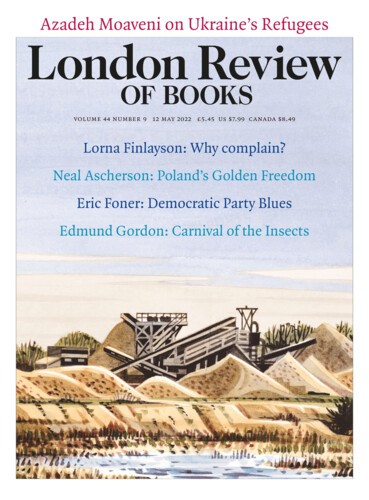In August 2015, two treasure hunters announced that they had discovered a train buried deep underground in the countryside outside Wałbrzych, in the Polish region of Lower Silesia. The legend of the Golden Train – filled with looted valuables that were supposedly hidden by the Nazis in a complex of tunnels dug using slave labour – had long circulated in the region. Here, it...
Poring over family stories to give meaning to our lives is something most of us do. For the descendants of people who have survived traumatic historical events, it takes on an added intensity – and, Menachem Kaiser suggests, complexity. ‘Every year hundreds or even thousands of Jews travel to the difficult-to-pronounce towns their parents or grandparents or great-grandparents came from. They fly to Ukraine, Poland, Lithuania, Latvia, Romania, Hungary, Belarus, they schlep onto creaky trains and cramped buses, hire zany guides, knock on ancestral doors.’



